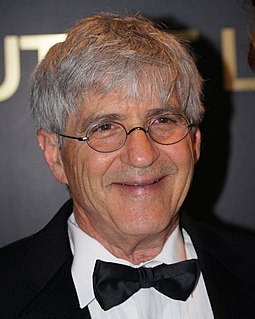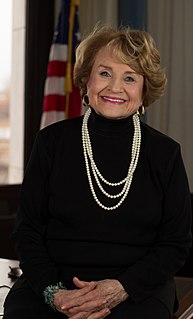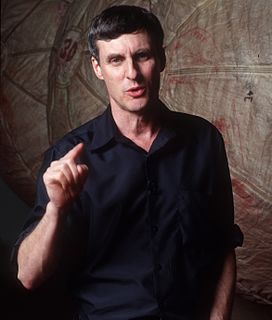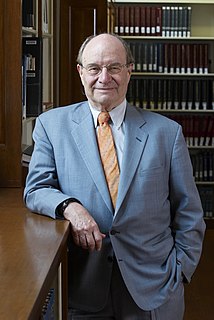A Quote by Michael Isikoff
Potentially significant, by the way, because we don't know exactly what's in Matt Cooper's notes, and we don't know - and we don't still know the answer to the crucial question of whether it was Rove or somebody else that revealed Valerie Plame's name to him.
Related Quotes
I see women who have this struggle between what they know is right, what they know is necessary, what they know is healthy, what they know is good for them, what they know is good for the work that they need to do, what they know is good for their bodies, what they know is good for their families - all too often ending that statement with the upturned question mark: "If it's okay with everyone?" Still asking, still requesting, still filing petitions for somebody to say that it's all right.
We humans have had from time unknown the compulsion to name things and thus to be able to deal with them. The name we give to something shapes our attitude toward it. And in ancient thought the name itself has power, so that to know someone's name is to have a certain power over him. And in some societies, as you know, there was a public name and a real or secret name, which would not be revealed to others.
You know what somebody else's fundraise metrics are to you? Irrelevant. You know what your own last round post was? Irrelevant. Yes, I know, not legally, because of those pesky rights and preferences. But emotionally, trust me: it is irrelevant now. We even have a name for this - valuation nostalgia.
If you are a designer, sometimes it is better not to delegate, because someone pays money for something that you designed, so it should be exactly the way you want it, exactly the way you would have chosen it. People call me a control freak, and I say, "Well, my name is on the shoe." It means the heel needs to be the way I want it and not the way somebody else wants it, and the toe needs to be exactly the way I want it, and the fabric and the material have to be exactly the way I want it. It is not a democracy - it is a dictatorship.






























